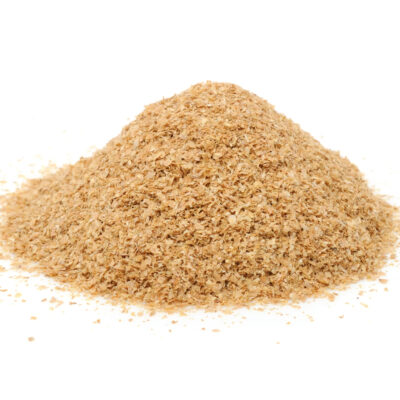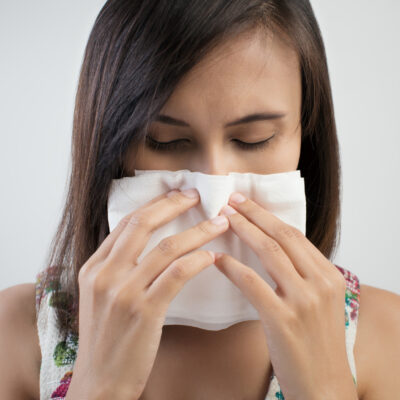
Health
Foods that Trigger Breathing Issues Caused by Hereditary Angioedema
Hereditary angioedema (HAE) is a rare genetic disorder that can cause swelling of the airways, leading to breathing difficulties. Certain foods can trigger HAE symptoms, exacerbating breathing issues and potentially leading to a life-threatening attack. In addition to swelling of the face, hands, and feet, HAE can also affect the lungs, leading to shortness of breath and other respiratory symptoms. Understanding which foods to avoid is an important part of managing HAE and reducing the risk of lung-related complications. Here are some common foods that can trigger breathing issues caused by hereditary angioedema: 1. Processed meats Processed meats, such as deli meats, sausage, and bacon, contain high levels of histamines, which can trigger HAE symptoms and cause breathing difficulties. Individuals with HAE should limit their consumption of processed meats and opt for fresh, unprocessed alternatives. 2. Refined grains Refined grains, like white bread and pasta, have a high glycemic index and can cause inflammation in the body. This can exacerbate HAE symptoms and lead to breathing difficulties. Instead of refined grains, choose whole grains like brown rice and quinoa for a healthier option. 3. Soda Carbonated drinks like soda can cause bloating and increased pressure in the abdomen, leading to breathing difficulties for those with HAE.
Read More 














